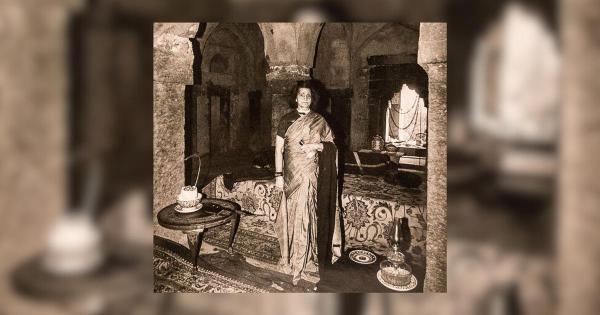

“Give me my robe, put on my crown; I have
Immortal longings in me...”
In 1993, in a dilapidated hunting lodge tucked inside Delhi’s Ridge Forest, Begum Wilayat Mahal “swallowed crushed diamonds” and died. A tragic yet deliberate act of defiance, it eerily resonated with Cleopatra’s penultimate moments in William Shakespeare’s play, Antony and Cleopatra, where the Egyptian queen chooses to die by asp bites rather than be paraded on the streets of Rome by Caesar. Like Cleopatra, Wilayat refused to let a colonially divided, post-imperial world strip her of dignity and possibly the last remnants of royalty. However, this is where the similarity between them ends. Wilayat’s story is not granted a regal ending – it is one of exile, bureaucratic suspicion, political apathy, and fractured memory.
A life in transitIn The House of Awadh: A Hidden Tragedy, authors and journalists Aletta André and Abhimanyu Kumar give a stirring, objective, yet sensitively written account of Wilayat Mahal’s life and the generations of history she carried, contested, and reimagined, perhaps reconstructed too. Part oral history, part political inquiry, and part elegy, the book is divided into three segments – “Memory”, “History”, and “Identity” – perfectly poised on an uneven terrain of remembrance. Anchored first in the dispassionate and professional rigor of historians and...
Read more